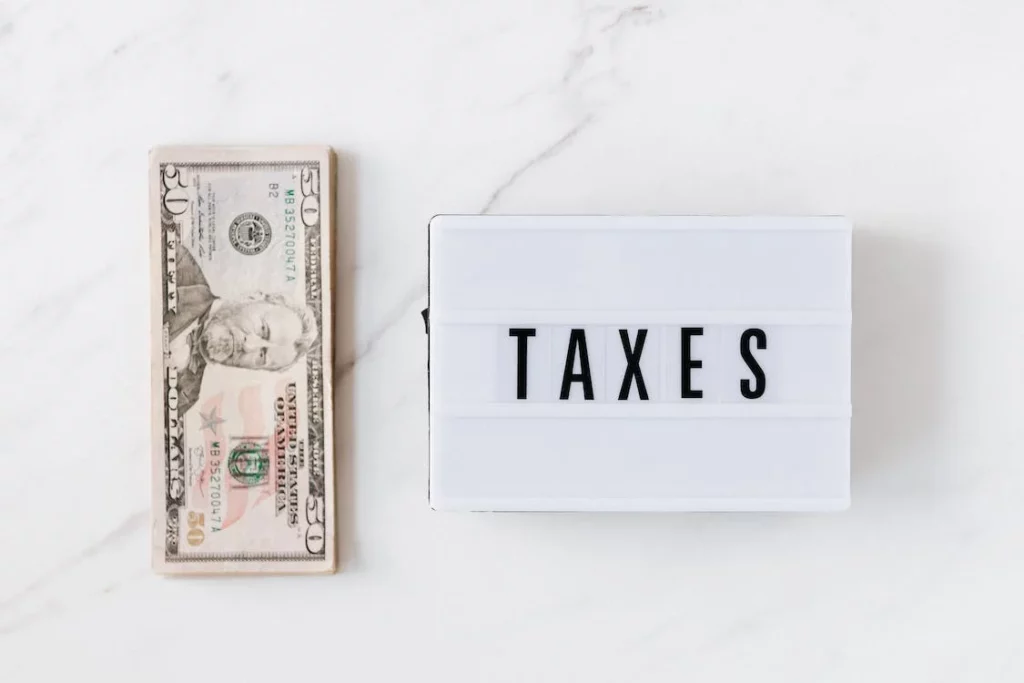Introduction:
NFT airdrops and rewards are becoming increasingly common as creators and platforms seek to incentivize participation in the digital economy.
However, these transactions come with specific tax implications in Canada that must be understood to ensure compliance. This article explains how NFT airdrops and rewards are taxed in Canada and what recipients need to know.
What Are NFT Airdrops and Rewards?
NFT airdrops involve the free distribution of NFTs to a selected group of individuals, often as part of a marketing campaign or to reward early adopters.
Similarly, NFT rewards are given to users for participating in certain activities, such as staking or gaming. While these distributions may feel like “free money,” they are subject to taxation under Canadian law.
Tax Treatment of NFT Airdrops:
In Canada, the value of NFT airdrops is considered taxable income. When you receive an airdropped NFT, the fair market value (FMV) of the NFT at the time of receipt is included in your income for the year.
This value must be reported on your tax return, even if you didn’t sell the NFT. If you later sell or dispose of the airdropped NFT, any difference between the FMV at receipt and the sale price will result in a capital gain or loss.
Tax Treatment of NFT Rewards:
NFT rewards, like airdrops, are also considered taxable income. The FMV of the NFT at the time you receive it must be reported as income.
If the reward is earned in the course of a business activity, it may be taxed as business income rather than as a capital gain. This distinction is crucial as business income is fully taxable, whereas capital gains are only 50% taxable.
GST/HST Considerations:
If you receive NFTs as part of a business activity, you may also need to consider the implications of Goods and Services Tax (GST) or Harmonized Sales Tax (HST).
The CRA requires businesses to charge GST/HST on the sale of goods and services, including digital assets like NFTs. Therefore, if you later sell or trade the airdropped or rewarded NFTs, you may be required to charge and remit GST/HST.
Record-Keeping and Compliance:
Proper record-keeping is essential for complying with the tax obligations associated with NFT airdrops and rewards.
You should maintain detailed records of the date of receipt, the FMV at the time of receipt, and any subsequent transactions involving the NFTs. These records will be crucial for accurately reporting income and calculating any capital gains or losses.
Conclusion:
The taxation of NFT airdrops and rewards in Canada requires careful consideration and proper reporting. Understanding the tax implications and maintaining accurate records will help you stay compliant with CRA regulations and avoid potential penalties.
As the NFT market continues to grow, staying informed about the latest tax rules and guidelines will be key to successfully navigating this digital frontier.
If you have any questions or require further assistance, our team of accountants at Tax Partners Oshawa can help you.
Please contact us by email at [email protected] or by phone at (905)-448-2241 for a FREE initial consultation appointment.
You may also visit our website (www.taxpartnersoshawa.com) to learn more about other services we offer in Canada, US and abroad.


